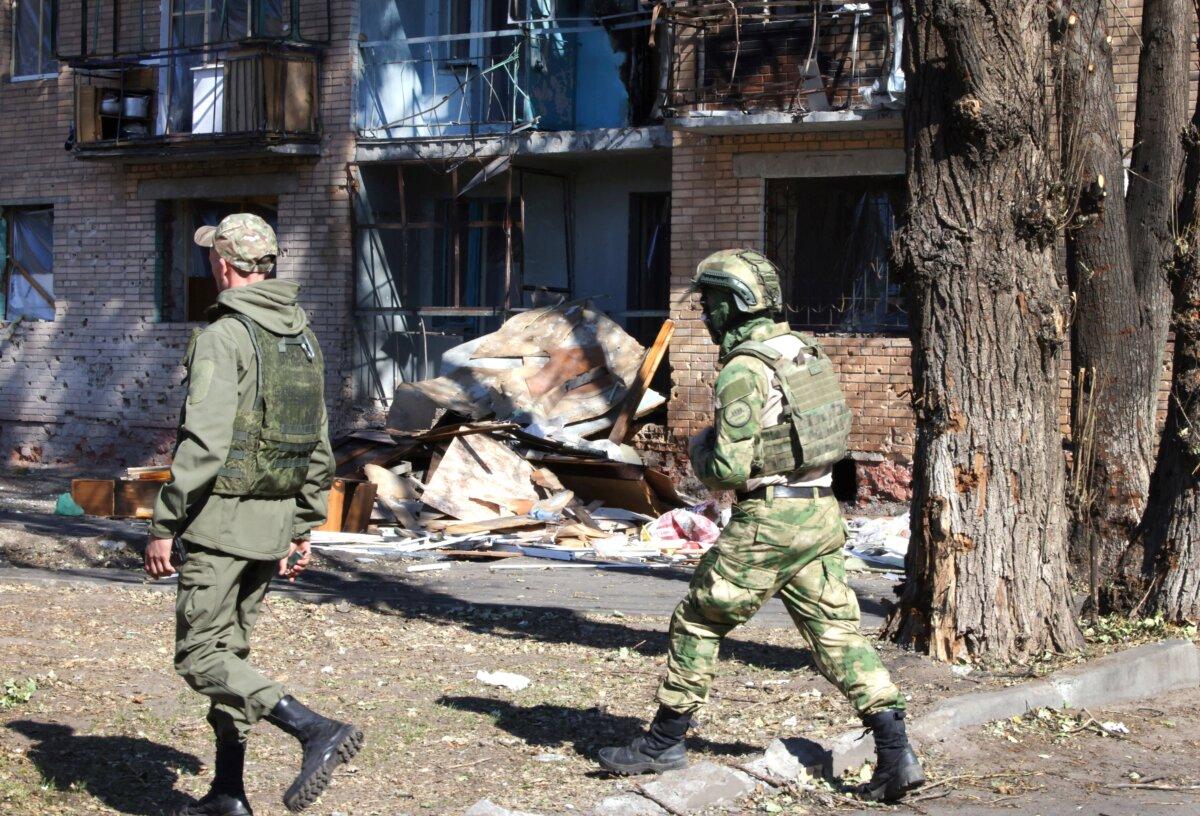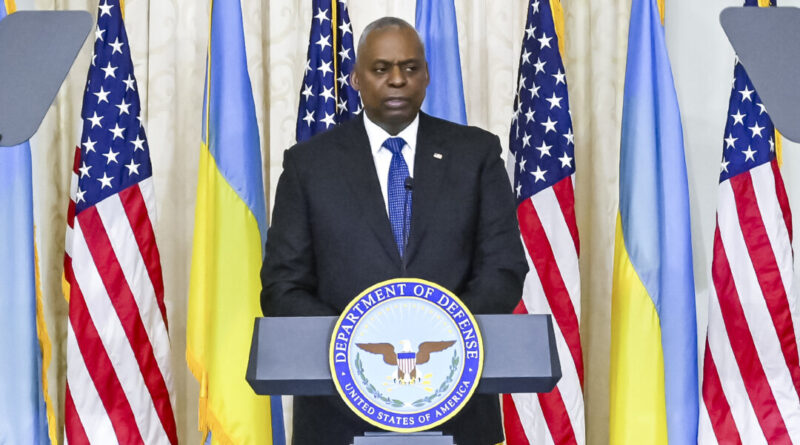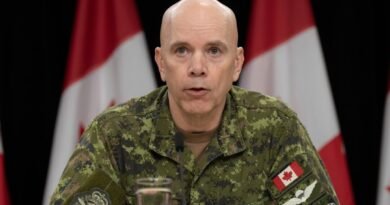Austin Says US Has Evidence of North Korean Troops in Russia
The U.S. defense secretary expressed concern about potential North Korean troops joining the Russian effort in Ukraine, calling it a ‘very serious issue.’
U.S. Defense Secretary Lloyd Austin stated on Oct. 23 that North Korea has reportedly deployed troops to Russia, although the reason for their presence remains unclear.
The Pentagon is investigating the situation but hasn’t confirmed Zelenskyy’s assessment yet.
During a press conference in Rome on Oct. 23, Austin mentioned, “We are seeing evidence that there are North Korean troops in Russia.”
He added that U.S. analysts are examining the available information to determine their activities.
“The specifics of their mission are still unknown. This is something we need to clarify,” Austin remarked.
The exact number of North Korean troops in Russia was not disclosed.
South Korea’s National Intelligence Service estimates that up to 10,000 North Korean soldiers have been sent, with 1,500 troops transported via ships to the Russian city of Vladivostok.
North Korean Co-Belligerents?
Zelenskyy has suggested that these North Korean troops might join the conflict in Ukraine alongside Russian forces.
“If they are co-belligerents and intend to fight on behalf of Russia, it is a very serious situation,” Austin emphasized on Oct. 23.
Their involvement could help compensate for Russian losses after years of intense fighting on both sides.
Paul Davis, an adjunct professor at The Institute for World Politics, mentioned that if North Korean troops engage in combat, Western troops might also consider direct involvement.
“Eastern European countries, especially Poland, could potentially increase their participation by deploying troops to Ukraine, as introducing North Korean troops into the conflict would cross a red line,” Davis explained to The Epoch Times.

French President Emmanuel Macron (R) reviews French troops as he meets with Ukrainian troops that France has trained for the country’s fight against the Russian invasion, in France on Oct. 9, 2024. Thibault Camus/AFP via Getty Images
Michael DiMino from Defense Priorities advised against NATO nations sending troops to fight in response to potential North Korean involvement alongside the Russians.
“There’s a separate discussion about Ukraine’s future in NATO, but currently, they are not a member. Sending NATO forces to fight against Russia would be extremely risky,” he stated.
DiMino mentioned that the reported North Korean force in Russia is likely not substantial enough to significantly impact the war’s outcome.
“It’s important not to overreact to this situation or give it more significance than it deserves,” he added.
North Korean troops could support Russia without entering Ukraine by aiding Russian forces in repelling a Ukrainian incursion into Russia’s Kursk region.
Ukrainian forces initiated the cross-border operation in August to divert Russian troops from internal conflicts.
Davis and DiMino both agreed that North Korean forces could participate in the Kursk region without sparking a strong reaction from Ukraine’s Western supporters.
“If they are solely defending Russia, then it wouldn’t be a major concern,” Davis explained. “The issue arises when they cross into Ukraine.”

Local volunteers walk past a building damaged by Ukrainian strikes in Kursk, Russia, on Aug. 16, 2024. Tatyana Makeyeva/AFP via Getty Images
John Kirby, a spokesperson for the White House National Security Council, stated that it’s premature to determine the impact of North Korean military presence in Russia due to insufficient information about their intentions.
Kirby mentioned that the U.S. will closely monitor the deployment of North Korean troops.
He suggested that if North Korean forces participate in the conflict, it could indicate desperation on the part of Russian President Vladimir Putin.
“If Russia has to rely on North Korea for military support, it reflects weakness rather than strength from the Kremlin,” Kirby remarked.
Sanctioning Russia’s Backers
The U.S. government is gearing up to implement measures to limit external assistance to the Russian war efforts.
Yellen didn’t disclose which nations and entities would face the impending sanctions.

An Iranian Shahed-136 drone, preparing to launch an attack, flies over the airspace of the Ukrainian capital Kyiv on Oct. 17, 2022. Sergei Supinsky/AFP
While aiming to restrict outside assistance to Russia, the United States has been a significant supporter of Ukraine throughout the conflict, allocating approximately $175 billion for Ukraine-related expenses since the start of the Russian invasion in 2022.
This week, the U.S. and G7 partners are finalizing plans to provide Ukraine with a $50 billion loan, utilizing frozen Russian assets as collateral.
Yellen noted that the U.S.’s contribution to this loan initiative will be around $20 billion.
The Associated Press contributed to this report.
This article was updated with further details and expert comments.





